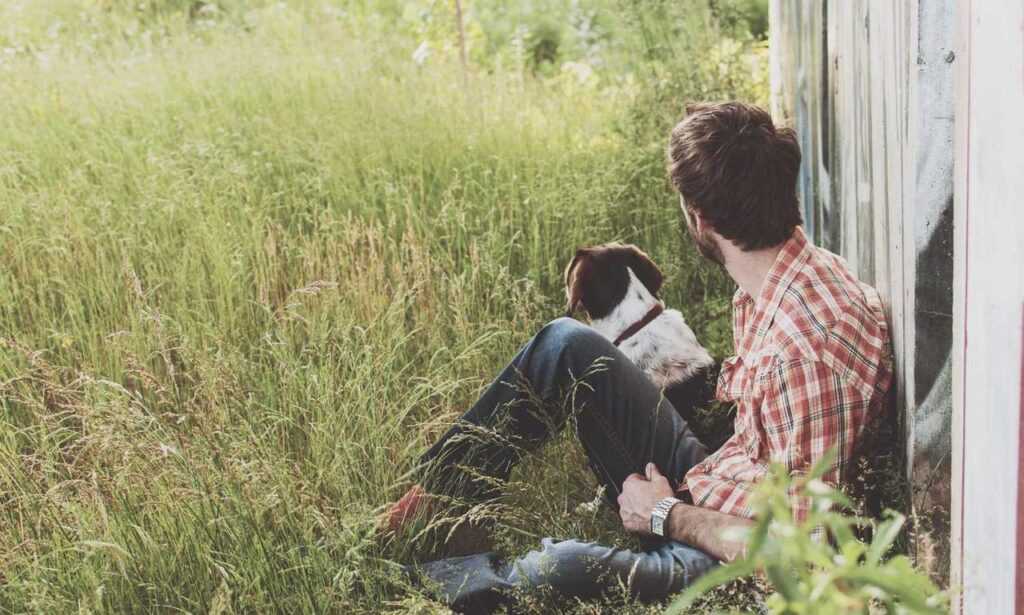When it comes to raising feathered companions, having the right guidance helps you avoid rookie mistakes and develop a stronger bond with your pet. That’s why reading llblogpet advice for birds from lovelolablog can be a game-changer for new and experienced bird owners alike. If you’re looking to build a better relationship with your avian companion, strategic communication approach can make a critical difference in your routine and care strategies.
Knowing Your Bird’s Needs
Birds may be colorful and charming, but they’re far from low-maintenance. Unlike dogs and cats, pet birds require a unique environment that supports their physical, emotional, and social needs. One core message in llblogpet advice for birds from lovelolablog is to treat birds not as decorative pets, but as the highly intelligent, social creatures they are.
Nutrition is a key starting point. A diet of only seeds doesn’t cut it — they need a varied mix of fruits, vegetables, pellets, and occasional protein-rich treats. Water should be clean and fresh daily, with a dish that’s easy to change and clean.
Beyond food, birds need noise, light, and stimulation. Many species are active during the day and benefit from natural light. A dark, quiet space for sleeping (ideally 10–12 hours of rest per night) supports physical health and behavior regulation.
Choosing the Right Environment
Creating the right living space means more than buying a big cage. While cage size matters, so does placement, cleanliness, and enrichment. llblogpet advice for birds from lovelolablog emphasizes choosing a spot that mimics their natural environment in terms of light cycles and activity levels. Avoid kitchens (fumes can be deadly) and crowded or noisy areas (stress overload).
Cages should be escape-proof, regularly cleaned, and well stocked with perches, chew toys, and climbing areas. Perches should vary in width and texture to exercise foot muscles. Swings and ladders add interest and allow birds to express natural behaviors.
Daily cleaning (remove uneaten food and change liners) with a deep clean weekly keeps the cage healthy. Don’t forget to sanitize food and water dishes daily. It’s disciplined work, but your bird’s happiness depends on it.
Training and Socialization
Yes, you can train birds. And no, it doesn’t require endless hours or circus skills. A strong theme in llblogpet advice for birds from lovelolablog is the power of small consistency. Birds learn through positive reinforcement — treats, praise, and repetition.
Start with simple tasks like step-ups (encouraging the bird to step onto your finger) or coming when called. Use small targets or perches for guidance, and always end sessions on a good note. Never punish a bird — they don’t respond to it, and it only builds fear.
Socialization also matters. Birds are flock animals, so without proper bonding, they may become isolated, aggressive, or depressed. Spend focused time daily talking, sitting nearby, or letting them perch on you during calm activities. Some birds even enjoy puzzles or soft music.
Mind the Behavior Signals
Reading a bird’s body language is like unlocking a secret language. Flattened feathers, flared tails, or dilated pupils aren’t just random — they’re status updates. According to llblogpet advice for birds from lovelolablog, owners should consistently learn what these signals mean in their unique bird.
For instance, a puffed-up bird might be relaxed — or sick. Loud squawking could signal demand for attention, or discomfort. Biting isn’t just aggression; it might mean your bird is overstimulated or stressed. The better you read these cues, the better you can respond with care or environment changes.
Also, don’t ignore signs of boredom. Repetitive behaviors, feather plucking, or vocal strain often mean a bird’s trying to tell you it’s under-stimulated. Switch up cage toys weekly, introduce foraging puzzles, or offer supervised out-of-cage time.
Vet Visits and Preventative Care
Like any pet, birds need routine health check-ups. The difficulty lies in the fact that birds mask illness — so by the time symptoms are obvious, problems may be advanced. This makes regular avian vet visits essential.
According to llblogpet advice for birds from lovelolablog, you should schedule annual wellness exams, even if your bird seems fine. These professionals can spot subtle issues early and offer advice tailored to your bird’s species. Make sure your vet specializes in avian care; not all do.
You should also monitor your bird’s weight, droppings, and appetite. Sudden changes in any of these are red flags. Keep a simple journal or tracking app — catching minor changes can prevent bigger (costlier) health issues.
Lifestyle Commitment and Long-Term View
Some birds live decades. Parrots, in particular, can live 30 to 50 years in captivity. That’s more than a commitment — it’s a long-term lifestyle shift. llblogpet advice for birds from lovelolablog encourages future owners to consider compatibility with their schedule, living space, and willingness to adapt routines long-term before ever bringing a bird home.
Consider who’ll care for your bird when you travel. Think about the budget: cages, high-quality food, toys, vet care — it adds up. Birds also need daily attention, not occasional check-ins. If your life is too fast-paced or unstable, a lower-maintenance pet may be a better choice.
If you’re currently transitioning from dog or cat ownership to birds, know that while there are overlaps (feeding, exercise, play), the silent communication and need for consistency are more nuanced with birds. That’s why guidance like llblogpet advice for birds from lovelolablog helps you enter the world of bird companionship with eyes wide open.
Final Thoughts
Birds make extraordinary companions — funny, intelligent, vocal, and deeply social. But they’re not passive pets that just sit pretty. They need meaningful daily interaction, a thoughtful environment, and a long-term plan. With the right knowledge and a committed mindset, bird ownership becomes not just doable, but genuinely rewarding.
Returning to basics like routine, nutrition, social bonding, and preventive wellness defines what llblogpet advice for birds from lovelolablog constantly reinforces: success in bird caregiving isn’t extravagance — it’s consistency, attention, and respect for the animal on their terms.
If you’re looking to start strong, or if you’re seeking to course-correct with your bird, taking small but strategic steps today makes all the difference.



